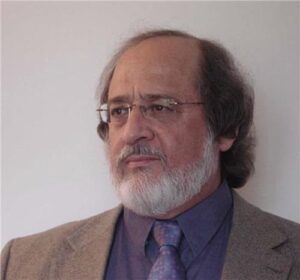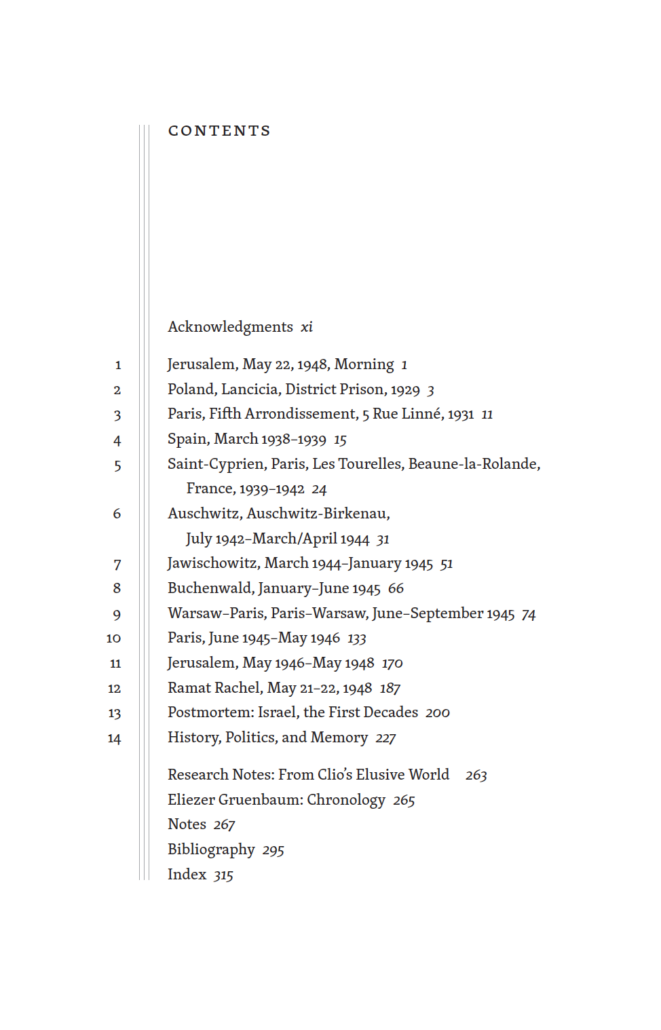Tuvia Friling
Dr. Tuvia Friling earned his Ph.D. and M.A. in Jewish history from Hebrew University of Jerusalem, and his B.A. in general and Jewish history from Ben Gurion University of the Negev. During his fellowship at the Museum, he was a Senior Research Fellow at Ben Gurion University of the Negev, Israel. For his David and Fela Shapell Family Foundation Fellowship, Dr. Friling researched his project, “A Kaleidoscopic Study of Illegal Immigration Operations, Aid, Rescue, and Intelligence Activity …






